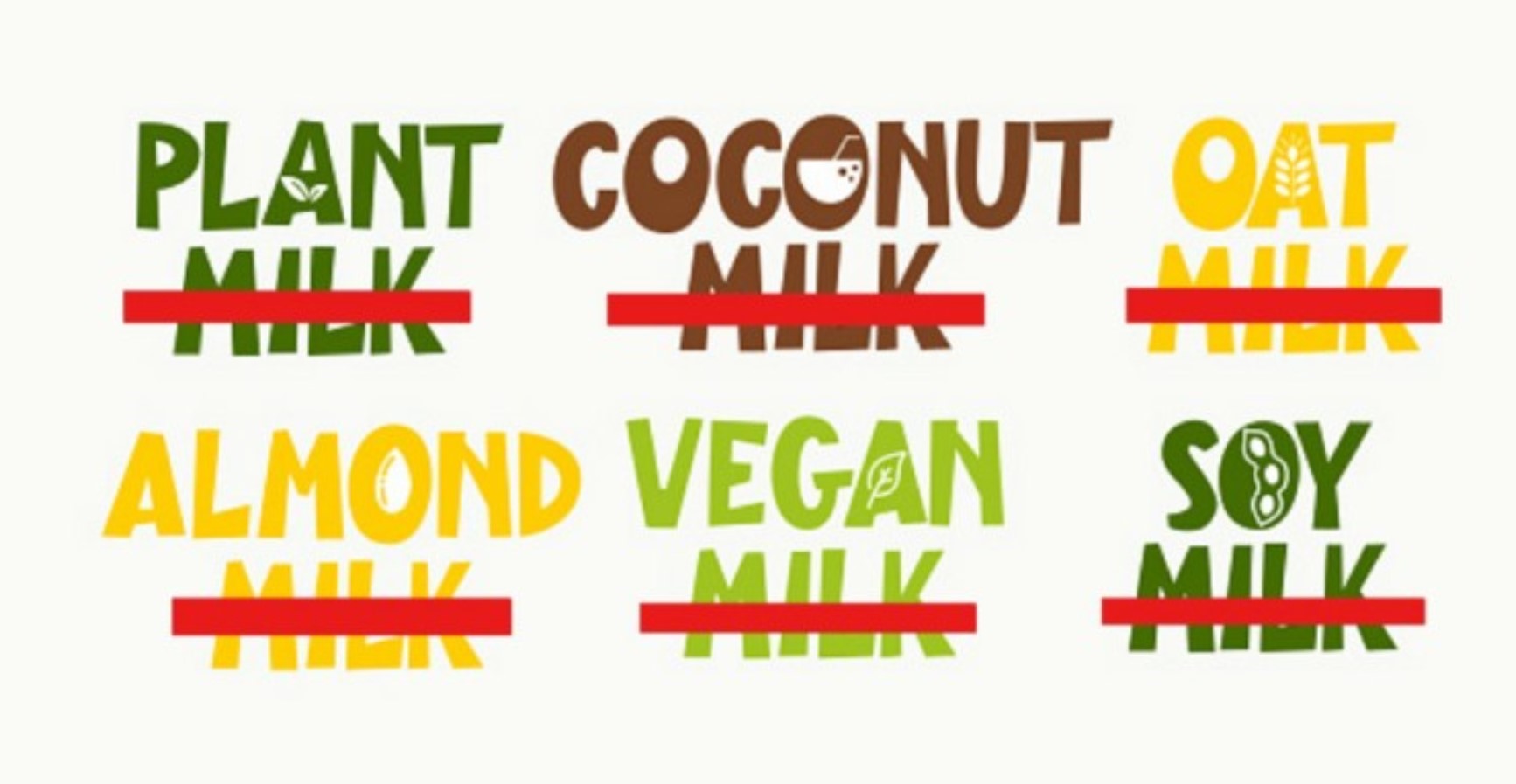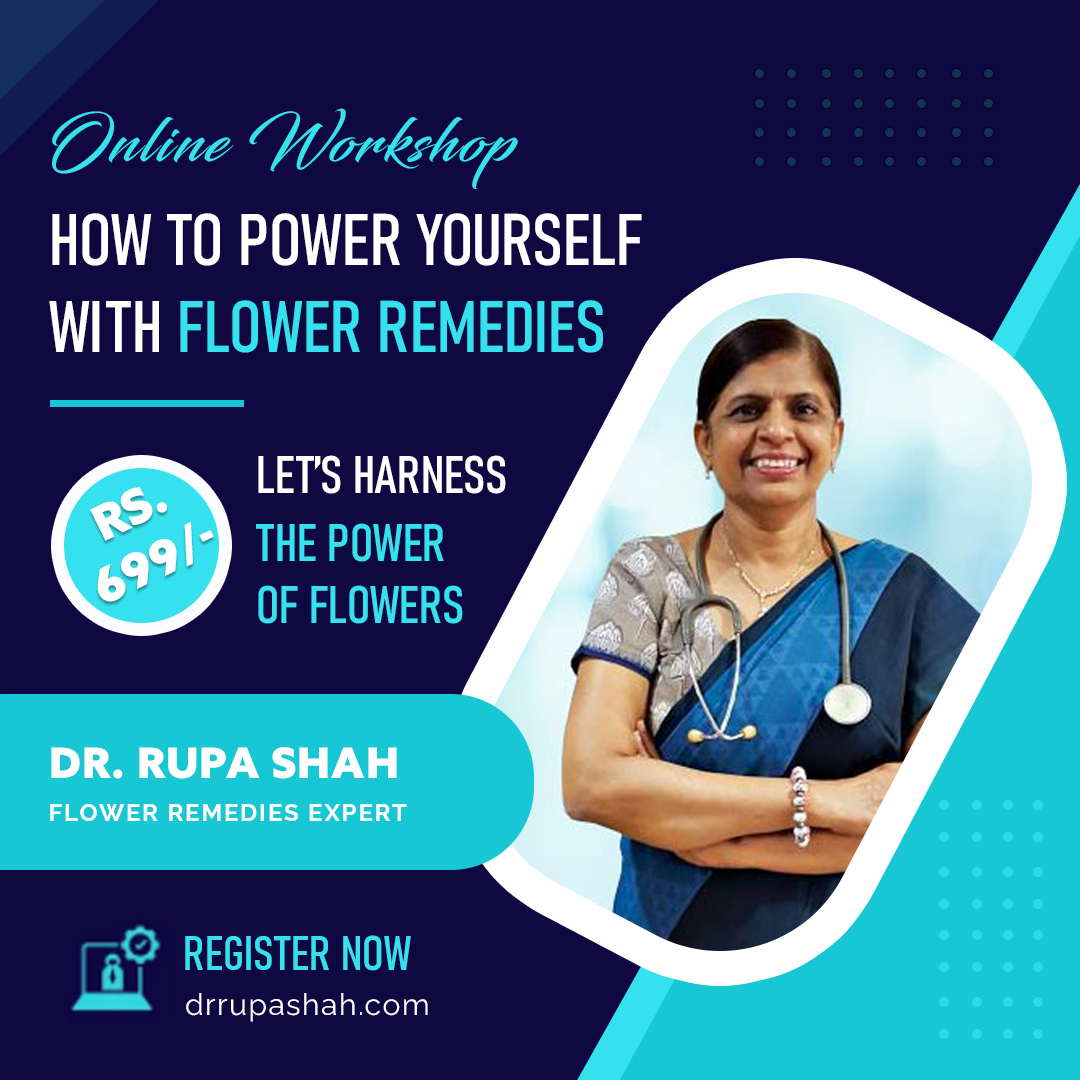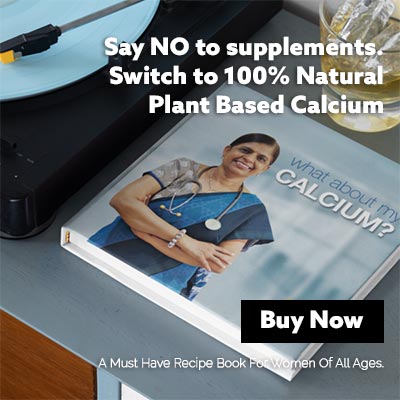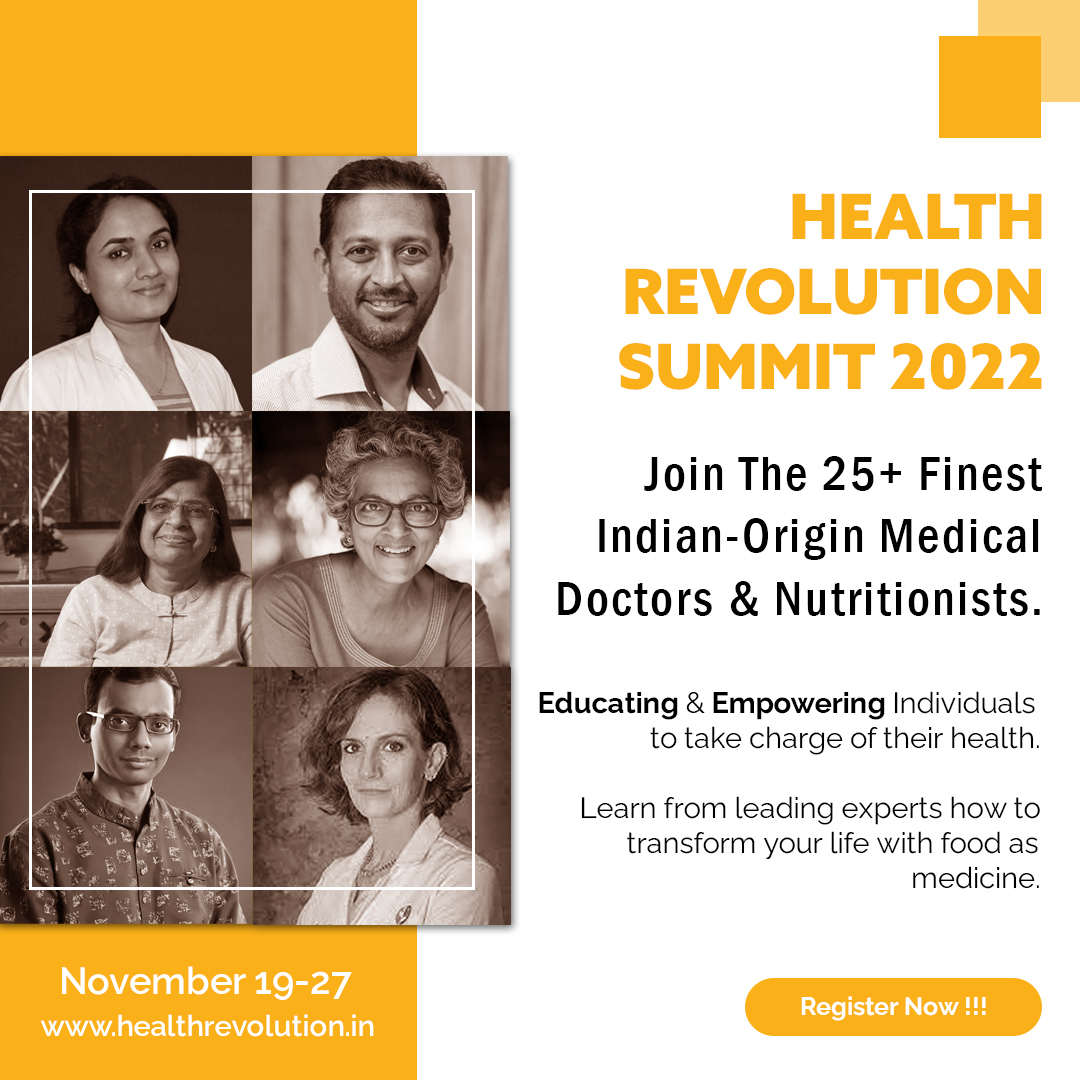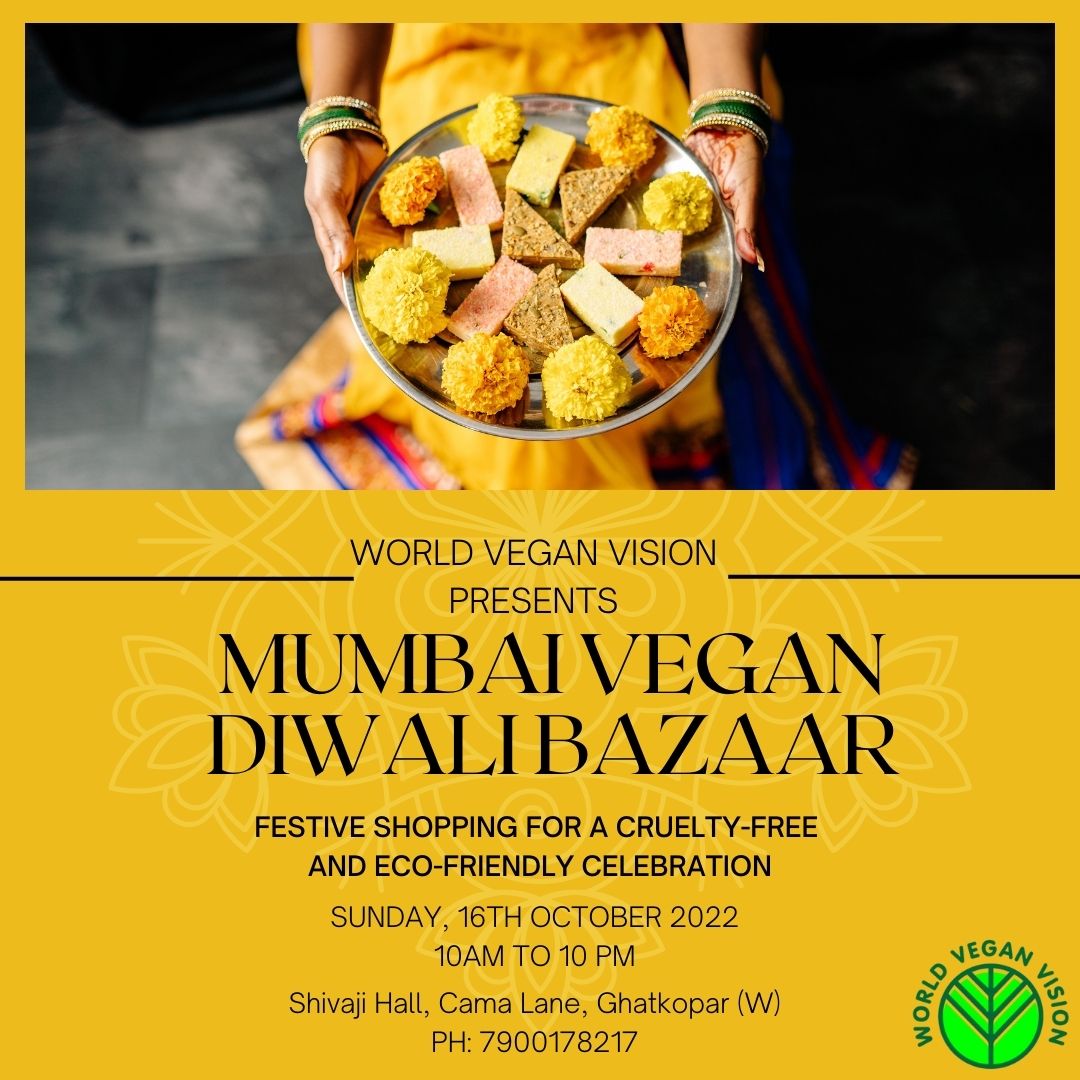The milk-naming fight that has been boiling for years across continents is now frothing over on Indian shores. Dairy company Amul claims to take action to un-name plant-based milks.
Author: Nandita Kapadia
Lead Image Courtesy: www.foodnavigator-asia.com
Earlier this month, news sites reported that Amul had objected to companies selling almond, soya, rice beverages and oats in disguise of milk and that the company would consider dragging them to court to stop this practice.
RS Sodhi, MD, Amul stated that many foreign and Indian companies are selling plant-based beverages as milk in the country, which is a violation of existing regulations. He said, “Ten crore dairy farmers for whom milk is an instrument of socio-economic development are going to fight this misinformation campaign done by some companies and NGOs where they are selling chemically fortified beverages manufactured in factories and calling it milk. There are no clinical trials or scientific studies to prove that they are better than milk.” Foreign funding of more than $200 million (Rs 1,500 crore) is expected in India for the plant-based beverages sector, according to the industry.
In August, the food regulator, Food Safety and Standards Authority of India (FSSAI) issued a draft notification, proposing to stop the use of the word ‘milk’ for such products. Climate Change Advocate Nayomie Prasad-Kapur countered, ‘The sustainable raw materials that make the base of plant-based milks are also produced by Indian farmers. If anything the plant-based food industry is a major opportunity for Indian rural farmers who make no more than an average of Rs 711 via livestock rearing every month. Why is the FSSAI targeting start-up that are providing Indian farmers an alternative to dairy which in any case yields a low return on Investment for our rural farmers, while also being polluting, land intensive and water intensive Industry?”
‘Milk’ Versus ‘No Milk’ Wars Go Back 2 Decades Across Continents
This is not the first time, that a dairy major or an organization had made such a statement.
US cattle milk industry, which lately has been challenging the $1.6 billion plant-based milk industry’s right to use the word “milk.” The dairy industry has complained for almost 20 years that the FDA hasn’t policed this definition as products made from soy, almonds, cashews, rice, hemp, and oats have filled shelves in the dairy aisle. In the feature, ‘Fake milk”: Why the dairy industry is boiling over plant-based milks’ published on Vox in 2018, plant-milk producers scored a key victory in the case that year. The US Court of Appeals for the Ninth Circuit ruled that calling almond milk “milk” is not deceptive, upholding the dismissal of a lawsuit called Painter v. Blue Diamond Growers.
The feature reported, “The fight over what to call white opaque beverages that don’t come from an animal also has implications for other plant-derived versions of animal products. Lab-grown meat is already facing its own naming controversies.”
A similar war was reported on Foodnavigator-asia in January 2020 that reported that some stateholders were concerned about the naming plant-based and synthetic cell-cased beverages as “milk”.
Dairy Is Not Healthy
The case details were release close on the heels of the American Medical Association resolution that recognized that many Americans—especially African Americans, Asian Americans, and Native Americans—suffer from lactose intolerance, which causes bloating, diarrhea and gas. The National Institutes of Health estimates that 30 million to 50 million American adults are lactose intolerant, including 95 percent of Asians, 60-80 percent of African-Americans and Ashkenazi Jews, 80-100 percent of American Indians, and 50-80 percent of Hispanics. Also, scientific evidence shows that milk and other dairy products also increase the risk of breast, ovarian, and prostate cancers, cardiovascular disease, Parkinson’s disease, cognitive decline, and early death.
Dr Pramod Tripathi, Founder, Freedom From Diabetes, has stated in Compassion India magazine, “Cow’s milk contains insulin like a growth factor, which when consumed by adult males and females contributes to the growth of tumours. Studies have shown an increased the risk of prostate cancer, colorectal cancer, intestinal cancer, breast cancer and ovarian cancer on consumption of milk.”
Consumers Not Misled or Confused
“All research indicates that a majority of Indian consumers can correctly identify the source of plant-based milks as being soy, almond, or oat, and are not confused about their origin,” said Varun Deshpande in a report in Economic Times earlier this month. “Our research shows that over 80% of Indian consumers believe plant-based milk is the most appropriate and clear description for these products. We fully expect that businesses and consumers will benefit from this innovation, and hope that the FSSAI will proceed on the basis of evidence and fairness in this matter.”
Financial Express has reported that analysts are optimistic of its growth prospects, adding that it is expected to grow at a CAGR of 30% over the next five years. Some popular brands like Sofit (Hershey’s), Raw Pressery, Epigamia, Urban Platter, Star Bucks and Good Mylk have launched a range of plant-based alternatives that have fast caught the fancy of urban consumers. Amul also offers a range of dark chocolates that are free from dairy.
“The market for milk alternatives is still small in India, estimated at $25 million, when compared to its bigger cousin, the dairy industry valued at $140 billion (report in Financial Express, 2020).
Smearing Campaign Or Insecurity Over Growing Competition?
Is Amul’s objection to plant-based milk an insecurity over a fast-growing competitive market? Earlier, this year, Amul was slammed for celebrating Joaquin Phoenix’s Oscar win for Joker, with a trademark ‘Amul topical’ ad. Phoenix is vegan, and has spoken about plant based living on multiple occasions. Oscar winner Phoenix made a moving acceptance speech on Monday where he spoke of the importance of animal rights and against dairy cruelty. Amul then came out with an ad, where the iconic Amul girl is seen feeding butter to the actor, who follows a vegan diet, on the stage.
PETA India has slammed Amul by taking to Twitter stating: “The joke’s on you @Amul_Coop! In his #Oscar speech, #JoaquinPhoenix spoke against dairy cruelty. Do the cows a favour and switch to making soya, almond, oat or other plant milk,” a tweet from the official handle of PETA India read.
Dr Rupa Shah, MBBS stated that over a thousand medical doctors across many countries are switching to healthier and non-carcinogenic plant-based milks over the past five years. “Studies have already proven that dairy-milk dependant countries have higher cases of diabetes, heart ailments and other lifestyle diseases”. So there is no credibility to the argument of milk being healthy, she said before signing off.
References:
- https://www.businesstoday.in/current/corporate/no-scientific-proof-to-show-they-are-better-amul-slams-companies-selling-almond-soya-milk/story/421674.html
- https://www.financialexpress.com/brandwagon/how-brands-are-trying-to-drive-the-adoption-of-plant-based-milk-products/2134210/
- https://www.vox.com/2018/8/31/17760738/almond-milk-dairy-soy-oat-labeling-fda
- https://www.pcrm.org/news/news-releases/doctors-tell-govt-ditch-dairy-response-50-million-milk-bailout
- https://www.foodnavigator-asia.com/Article/2020/01/15/Australian-industry-attacks-potential-ban-of-meat-milk-labels-for-plant-based-products

